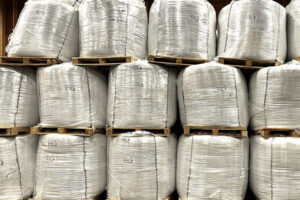
Canadian salmon farmer to test algal oil in its feed
Cermaq Canada is testing a new salmon feed that incorporates Veramaris algal oil, aiming to reduce reliance on marine fish oils.
Study shows diets with black soldier fly larvae meal did not affect general fillet parameters compared to salmon fed a commercial diet.

Cermaq Canada is testing a new salmon feed that incorporates Veramaris algal oil, aiming to reduce reliance on marine fish oils.
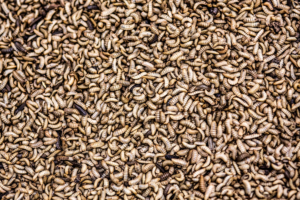
Performance at the $10 million black soldier fly innovation and research center in Illinois will help Innovafeed determine direction on a new continent.
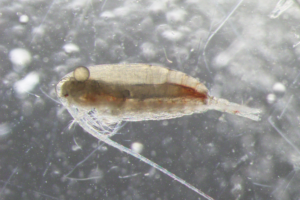
A novel protein hydrolysate from the zooplanktonic copepod Calanus finmarchicus can increase the attractiveness of Litopenaeus vannamei diets.
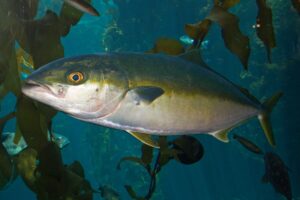
Reductions to dietary wild-derived fishmeal levels support formulation flexibility for large yellowtail kingfish feeds, minimizing costs.
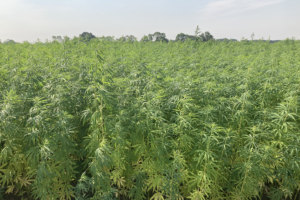
As pressure on the ocean's resources intensifies, the search is on elsewhere for solutions to provide the protein that fish need to grow.
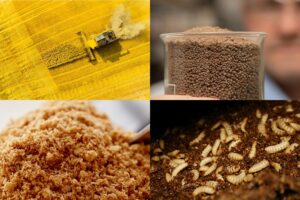
A new IFFO review provides "sobering assessments" in the search for new protein sources for the aquaculture feed sector.
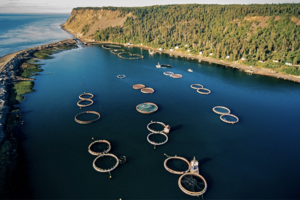
Veramaris completed a three-year approval process for the inclusion of its algal oil, rich in omega-3 fatty acids, in salmon feeds in Canada.
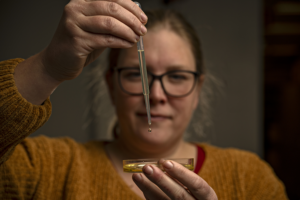
Nofima researchers find that selective breeding yields faster-growing microalgae that produce more omega-3 fatty acids crucial to aquafeeds.
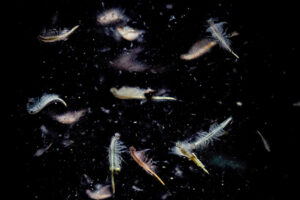
Edinburgh startup farming artemia for aquafeeds partners with a Scottish innovation center to develop modular, land-based production systems.
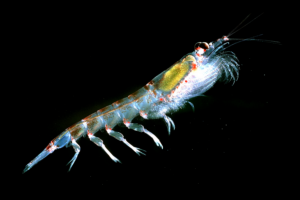
“We now have the methodology to determine if an ingredient can replace krill meal in a plant-based diet,” said Dr. Rick Barrows, author of a recent study.
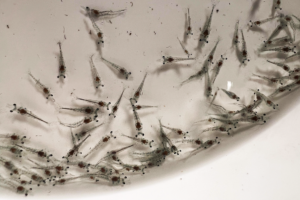
Protein hydrolysates can be used as partial substitutes for fishmeal in P. vannamei nursery diets to maintain digestive enzyme activities.
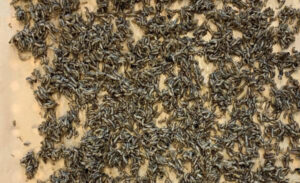
Kelp flies and marine yeast grown from seafood byproducts can replace fishmeal in salmon feed, promoting circular food production.
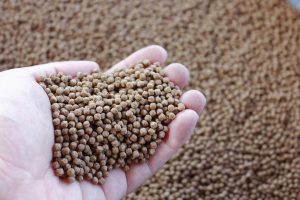
Mycotoxin contamination in raw feed materials in the field and storage is detrimental to the health of animals and presents unique risks to fish.
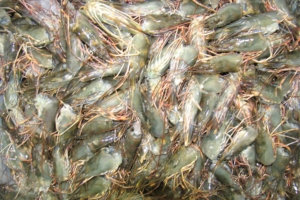
This review discusses how chitinase can improve feed digestibility, disease control and sustainability in aquaculture.

Calysta has been approved by China’s Ministry of Agriculture and Rural Affairs to use its FeedKind® protein in fish and shrimp feeds.